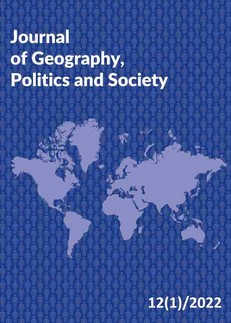Nayib Bukele: populism and autocratization, or a very popular democratically elected president?
Nayib Bukele: populism and autocratization, or a very popular democratically elected president?
Author(s): Martin NilssonSubject(s): Government/Political systems, Electoral systems, Political behavior, Politics and society
Published by: Wydawnictwo Uniwersytetu Jagiellońskiego
Keywords: Democratic recession; autocratization; populism; President Bukele; El Salvador;
Summary/Abstract: This article is about Nayib Bukele’s presidency in El Salvador, and to what extent it is a case of populism, and if it has contributed to a negative democratic development between 2019–2021. By using the concepts of democratic backsliding, autocratization, and populism, three main conclusions are made. First, actions taken by Bukele during his presidency has directly contributed to a negative democratic development. Second, both during the electoral campaign and in office, there are also signs of populism, such as anti-pluralism, hijacking the state, mass clientelism, and a feeling of a less democratic civil society and free media. Consequently, Bukele has pushed the country into a process of autocratization, where the future destiny toward less democracy is still uncertain.
Journal: Journal of Geography, Politics and Society
- Issue Year: 12/2022
- Issue No: 2
- Page Range: 16-26
- Page Count: 11
- Language: English

